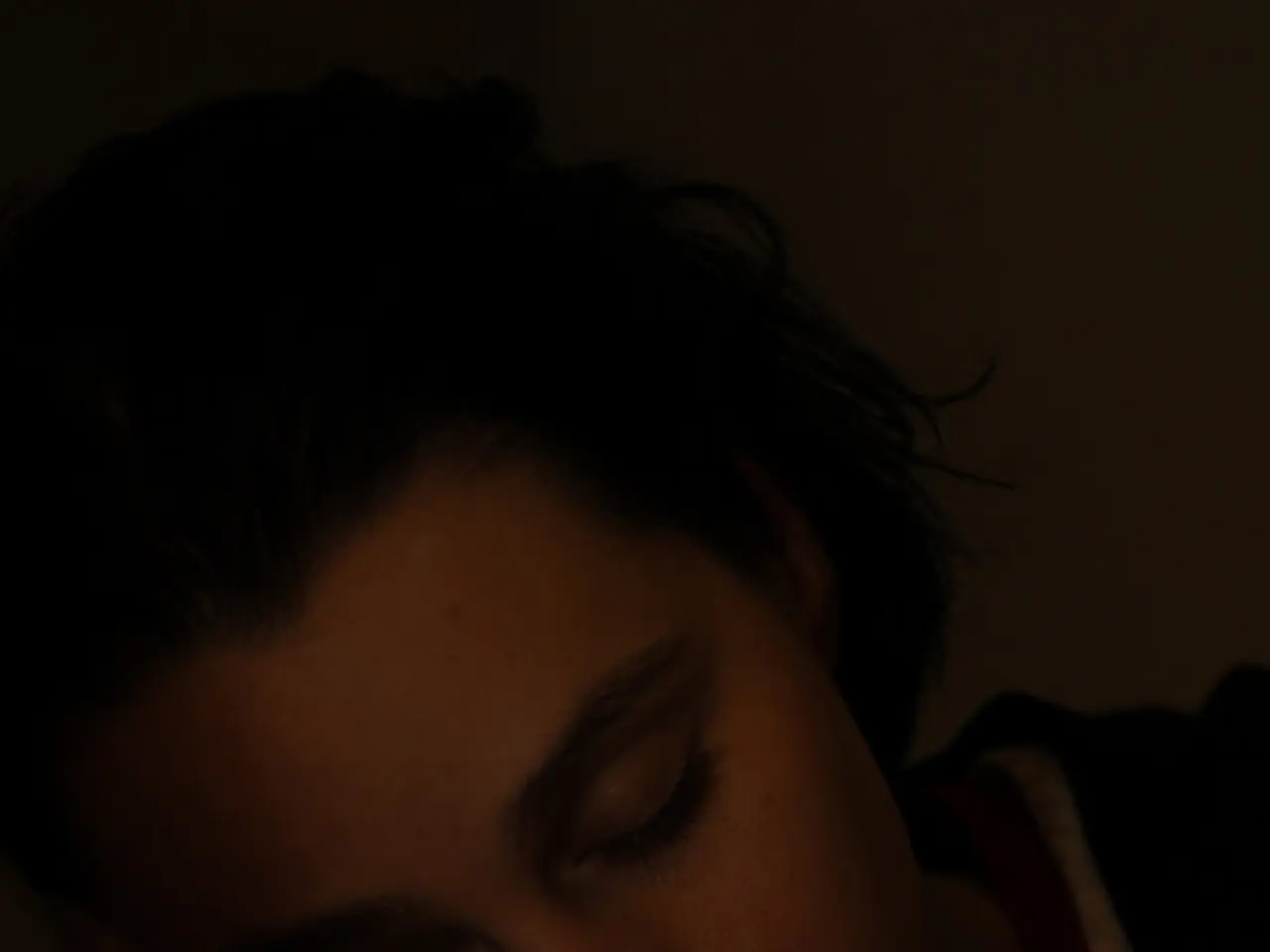Fear of the dark: Identifying signs, root causes, and methods of relief
Nyctophobia, an excessive and irrational fear of darkness, is a common specific phobia that affects many individuals worldwide. This phobia can manifest in various ways, such as difficulty breathing, a fast heartbeat, dizziness, nausea, fainting, avoidance, tenseness, and freezing when faced with darkness or anticipating experiencing it.
Interestingly, anxiety disorders often emerge in children around the age of 11, and research suggests that at this age, children demonstrate a greater fear-powered startle reflex. This could potentially contribute to the development of phobias like nyctophobia.
Cultural influences also play a significant role in shaping one's fear of nighttime and darkness. For instance, children from the Middle East may hold a more intense fear of darkness than those from the United States.
Behavioral therapy, including systematic desensitization, cognitive behavioral therapy (CBT), flooding, and virtual reality (VR) therapy, are effective treatments for nyctophobia and other phobias. These therapies aim to help individuals confront their fears gradually and learn coping mechanisms to manage anxiety.
It's essential to note that nyctophobia is not a sleep disorder, but sleep disorders can occur due to mental health conditions like specific phobias. For example, insomnia triggered by fear of the dark is a common issue for those with nyctophobia.
Women are more likely to experience this fear than men, as many believe they're more likely to become victims of crimes. However, it's crucial to remember that fear should not control our lives, and seeking help from a mental health professional can significantly improve one's quality of life.
If the fear of darkness is causing significant issues in your personal or professional life, it's recommended to consult a mental health professional. Fears develop in younger children during specific points of their development and can be influenced by observing their parents' fears. As a result, addressing these fears early can help prevent them from persisting into adulthood.
In severe cases, nyctophobia can lead to avoidance of night-time activities, social isolation, and significant impairments in daily functioning. However, with the right treatment and support, it's possible to manage and overcome this fear.
Research suggests that traumatic experiences in a dark environment can trigger post-traumatic stress disorder (PTSD). If you're experiencing symptoms of PTSD, consider visiting the Anxiety & Depression Association of America's website to find help near you.
In conclusion, nyctophobia is a specific phobia that can significantly impact one's life. However, with understanding, support, and effective treatments like behavioral therapy, it's possible to manage and overcome this fear. If you or someone you know is struggling with nyctophobia, seek help from a mental health professional to regain control of your life.
Read also:
- Understanding Hemorrhagic Gastroenteritis: Key Facts
- Stopping Osteoporosis Treatment: Timeline Considerations
- Tobacco industry's suggested changes on a legislative modification are disregarded by health journalists
- Expanded Community Health Involvement by CK Birla Hospitals, Jaipur, Maintained Through Consistent Outreach Programs Across Rajasthan








